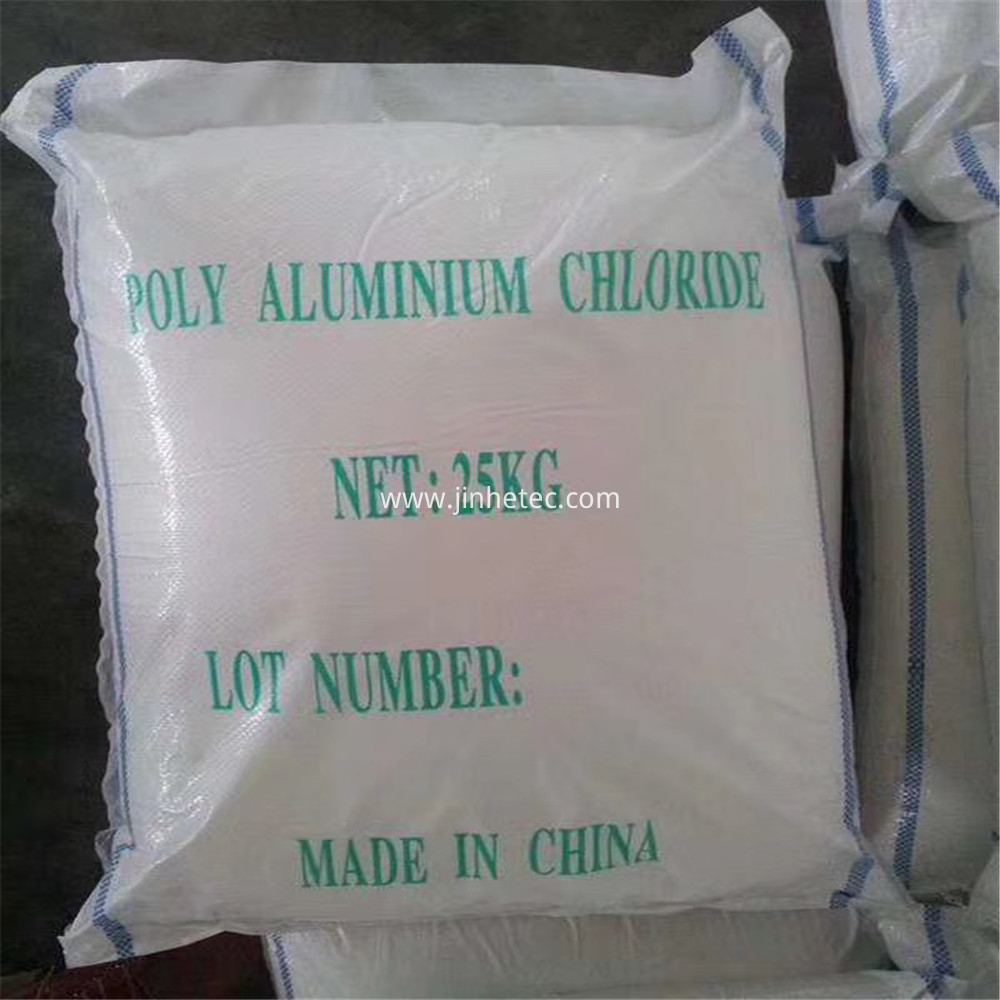
Privacy statement: Your privacy is very important to Us. Our company promises not to disclose your personal information to any external company with out your explicit permission.

In order to improve the effect of coagulation treatment in wastewater treatment system, it is necessary to select good chemicals and create suitable chemical and hydraulic conditions. The commonly used coagulants are mainly divided into aluminum salt and iron salt. Aluminum sulfate and polyaluminum chloride are the main coagulants in aluminum salt, while ferric chloride and polyferric sulfate are the main coagulants in iron salt. Next, we compare polyaluminum chloride and polyferric sulfate.
1: Flocculation principle
The main treatment objects in coagulation stage are suspended organisms and colloidal impurities in water. The perfection of coagulation process has a great influence on subsequent treatment, such as sedimentation, filtration and chlorination, so it is a very important link in Water Treatment process. Polyaluminum chloride and polyferric sulfate are often used in most waterworks.
We know that there are a lot of suspended organisms and colloidal impurities in natural water. The forms of suspended solids are different. Some large particles of suspended solids can settle under their own gravity. The other is colloidal particles, which is an important reason for the turbidity of water. Colloidal particles can not be removed by natural settlement, because colloidal particles in water are mainly clay with negative electricity The Brownian motion of colloidal particles and the hydration on the surface of colloidal particles make colloidal particles have dispersion stability. Among them, electrostatic repulsion has the greatest influence. If coagulant is added to water, it can provide a large number of positive ions and accelerate the coagulation and precipitation of colloid. Compressing the diffusion layer of micelles makes the potential change into an unstable factor, which is also conducive to the adsorption and condensation of micelles. The water molecules in the hydrated film have fixed contact with the colloidal particles and have high elastic viscosity. It is necessary to overcome the special resistance to expel these water molecules. This resistance hinders the direct contact of the colloidal particles. The existence of some hydrated films depends on the electric double layer state. If coagulant is added to reduce the zeta potential, the hydration may be weakened. The polymer materials formed after coagulant hydrolysis (the polymer materials directly added into water generally have chain structure) play an adsorption bridging role between the colloidal particles. Even if the zeta potential does not decrease or does not decrease much, the colloidal particles can not contact each other and can be adsorbed through the polymer chain Colloidal particles can also form flocs.

Privacy statement: Your privacy is very important to Us. Our company promises not to disclose your personal information to any external company with out your explicit permission.

Fill in more information so that we can get in touch with you faster
Privacy statement: Your privacy is very important to Us. Our company promises not to disclose your personal information to any external company with out your explicit permission.